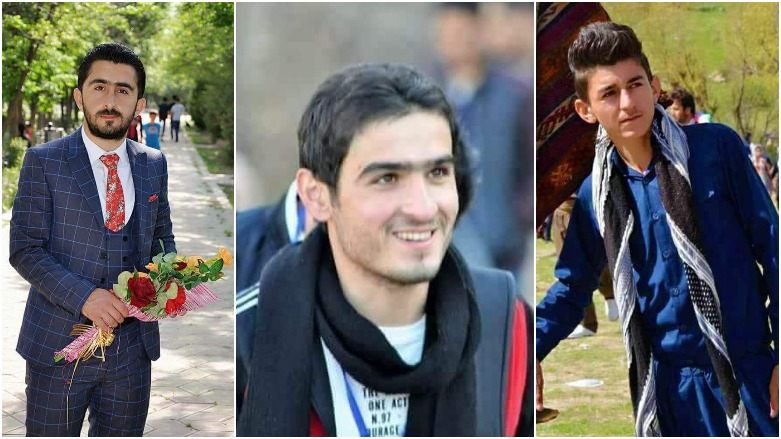Three Kurdish youth detained by PKK eight days ago yet to be released

ERBIL (Kurdistan 24) – The Kurdistan Workers’ Party (PKK) has detained three Kurdish youth in Erbil’s Rawanduz town who had visited Mount Karokh to gather mushrooms eight days ago, according to family members.
The three youth were arrested by PKK fighters on June 2, according to their families.
The youth, identified as Omar Abdullah Mahmoud, 23, Halgurd Hamadamin Abdullah, 23, and Dana Khidr Hamza, 17, are all from the Warte district in Rwanduz town.
Over the past days, their families and officials from the area have been contacting the PKK for their release, but the youth remain detained.
Kurdistan 24 Correspondent Teyfur Mohammed contacted their family members regarding the latest update on their release, but they refused to speak with the media, stating the PKK had told them they are concerned about the news spreading to the media.
“Since the day of their arrest, we have been online with the PKK through our communication channels to release them, but they remain detained,” a source close to their family in Warte who asked to remain anonymous told Kurdistan 24.
Kurdistan 24 contacted Zagros Hiwa, the spokesperson of PKK headquarters on Mount Qandil, but he refused to comment.
“This is a security-related case. Therefore, I cannot comment on this topic,” Hiwa told Kurdistan 24.
Kurdistan 24 has learned that some of the leading Kurdistan Democratic Party (KDP) officials along with other locals in Warte are in communication with the PKK to free the three youth.
The PKK fighters are present in many of the Kurdistan Region’s mountainous areas lying on the Turkish border.
The PKK is listed as a terrorist organization by several states and organizations, including NATO, the United States, the United Kingdom, and the European Union. However, the United Nations and other major powers have not designated the organization as such.
The group took up arms in the 1980s to demand rights for Kurdish citizens in a conflict that has since claimed some 40,000 lives on both sides. Violence has escalated since the collapse of a peace process between the two in the summer of 2015.
In recent months, Turkish forces have stepped up armed action against PKK fighters within the Kurdistan Region, including building outposts and military access roads.
They have crossed up to 20 kilometers deep in some areas of the region to target the Kurdish guerilla fighters, and bombardment from Turkish jets occasionally result in the death of civilians unaffiliated with the PKK.
Kurdistan Regional Government officials, including Prime Minister Nechirvan Barzani, have repeatedly asked the PKK to leave the area as well as requesting Turkey to stop bombing within its borders.
Editing by Karzan Sulaivany
